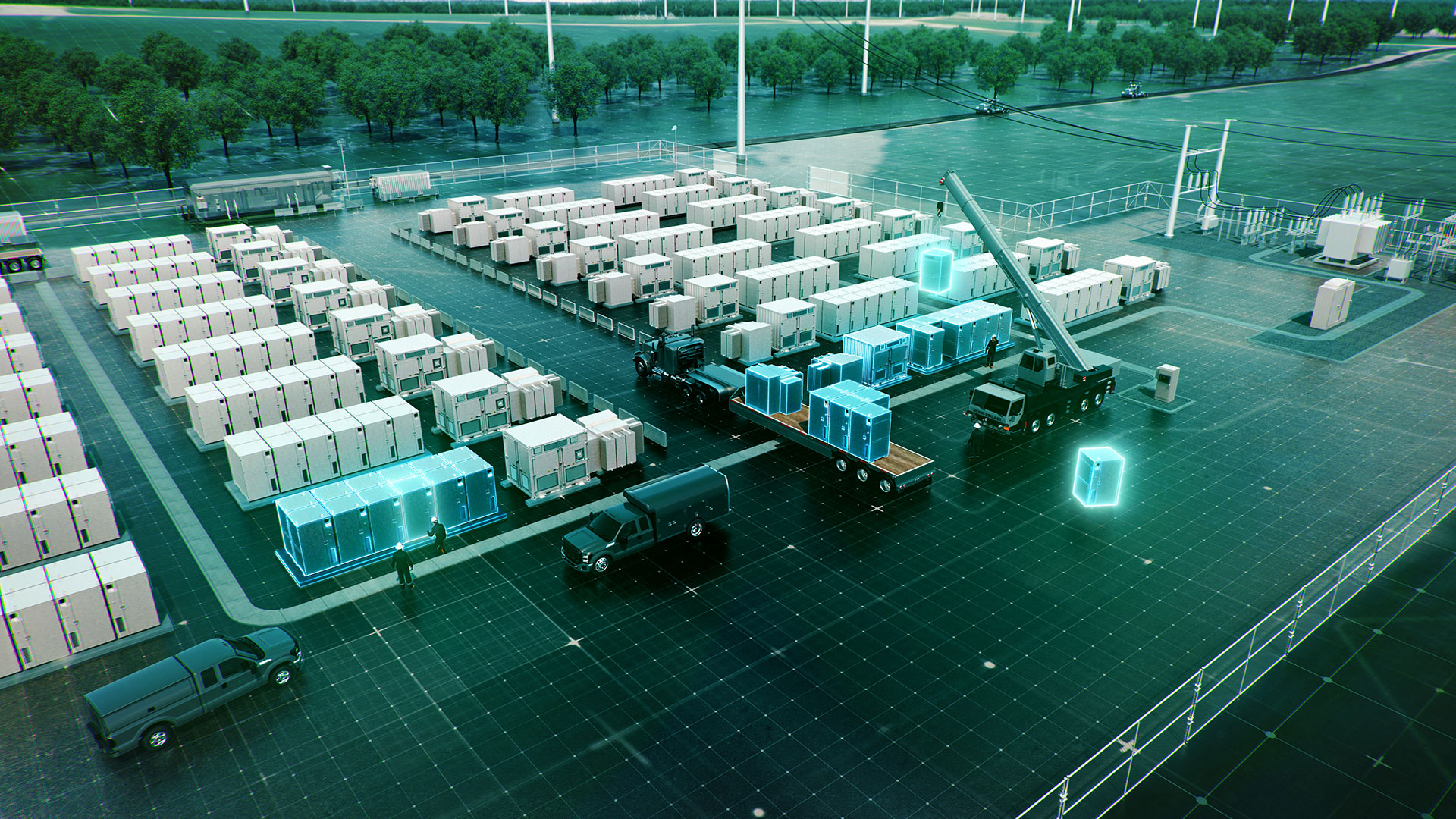
Introduction to Battery Energy Storage Systems
In the rapidly evolving energy landscape, Battery Energy Storage Systems (BESS) have emerged as pivotal components in the transition towards clean and renewable energy sources. These systems are not just revolutionizing how we store and manage energy but are also key to enhancing grid stability, reducing energy costs, and enabling the integration of renewable energy sources.
What is a BESS?
A Battery Energy Storage System (BESS) is a technology that allows for the storage of electrical energy, using advanced battery systems like lithium-ion or flow batteries. BESS plays a crucial role in managing energy supply and demand, providing backup power, and supporting the grid during peak load times.
Key Components of a BESS
- Battery Modules: The core of the system where energy is stored chemically.
- Power Conversion System: Converts electrical energy from AC to DC and vice versa.
- Battery Management System: Monitors and manages the battery’s operation, ensuring safety and efficiency.
- Control Systems: Oversee the integration of the BESS with the grid and other energy sources.
Enabling Renewable Energy Integration
One of the most significant advantages of BESS is its ability to store excess energy from renewable sources like solar and wind. This not only ensures a steady supply of energy but also mitigates the variability associated with renewable energy production.
Advantages of Implementing BESS
- Grid Stability and Reliability: BESS can quickly respond to fluctuations in demand, enhancing grid stability.
- Energy Cost Reduction: By storing energy during low-demand periods and using it during peak times, BESS can significantly reduce energy costs.
- Support for Renewable Energy: BESS enables the efficient use of renewable energy by storing excess production for later use.
FlexGen: Pioneering in BESS Solutions
FlexGen stands at the forefront of the BESS revolution, offering innovative storage solutions that are transforming the energy sector. Their expertise in creating advanced energy systems, particularly in battery energy storage, positions them as a key player in promoting sustainable energy practices.
Types of Battery Energy Storage Technologies
- Lithium-ion Batteries: Known for their high energy density and efficiency, lithium-ion batteries are widely used in BESS.
- Flow Batteries: Offer the advantage of scalability and long-duration storage, making them ideal for grid applications.
The Future of Energy Management with BESS
The future of energy management is bright with BESS, as it continues to provide a viable solution for the challenges faced by the energy sector. With advancements in technology and a decrease in costs, BESS is set to play an even more significant role in achieving energy sustainability and independence.
Conclusion: The Role of BESS in Shaping a Sustainable Energy Future
Battery Energy Storage Systems are more than just a technological innovation; they are a catalyst for change in the energy sector. By enabling the efficient use of renewable energy, enhancing grid stability, and reducing energy costs, BESS is paving the way for a sustainable and resilient energy future. Companies like FlexGen are leading this charge, demonstrating the potential of BESS to revolutionize energy management and support the global transition to clean energy.
FAQs:
What makes BESS crucial for renewable energy integration?
- BESS stores excess energy produced by renewable sources, ensuring a consistent energy supply even when production is low, thus mitigating the variability of renewables.
How does BESS contribute to grid stability?
- By providing quick response capabilities to meet demand fluctuations, BESS enhances grid reliability and prevents outages.
What are the main types of batteries used in BESS?
- Lithium-ion and flow batteries are commonly used, each offering unique benefits for energy storage.
Can BESS reduce energy costs?
- Yes, by storing energy during off-peak times and releasing it during peak demand, BESS can significantly lower energy costs.
Why is FlexGen a leader in BESS solutions?
- With their advanced HybridOS energy management software and expertise in battery storage, FlexGen delivers efficient and reliable BESS solutions, driving the energy transition forward.

